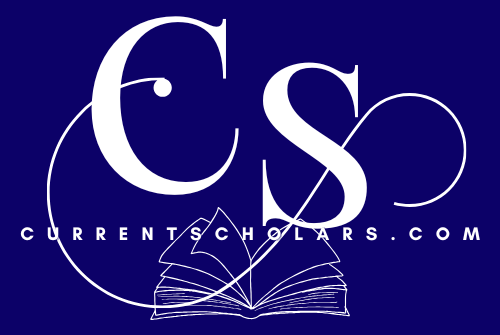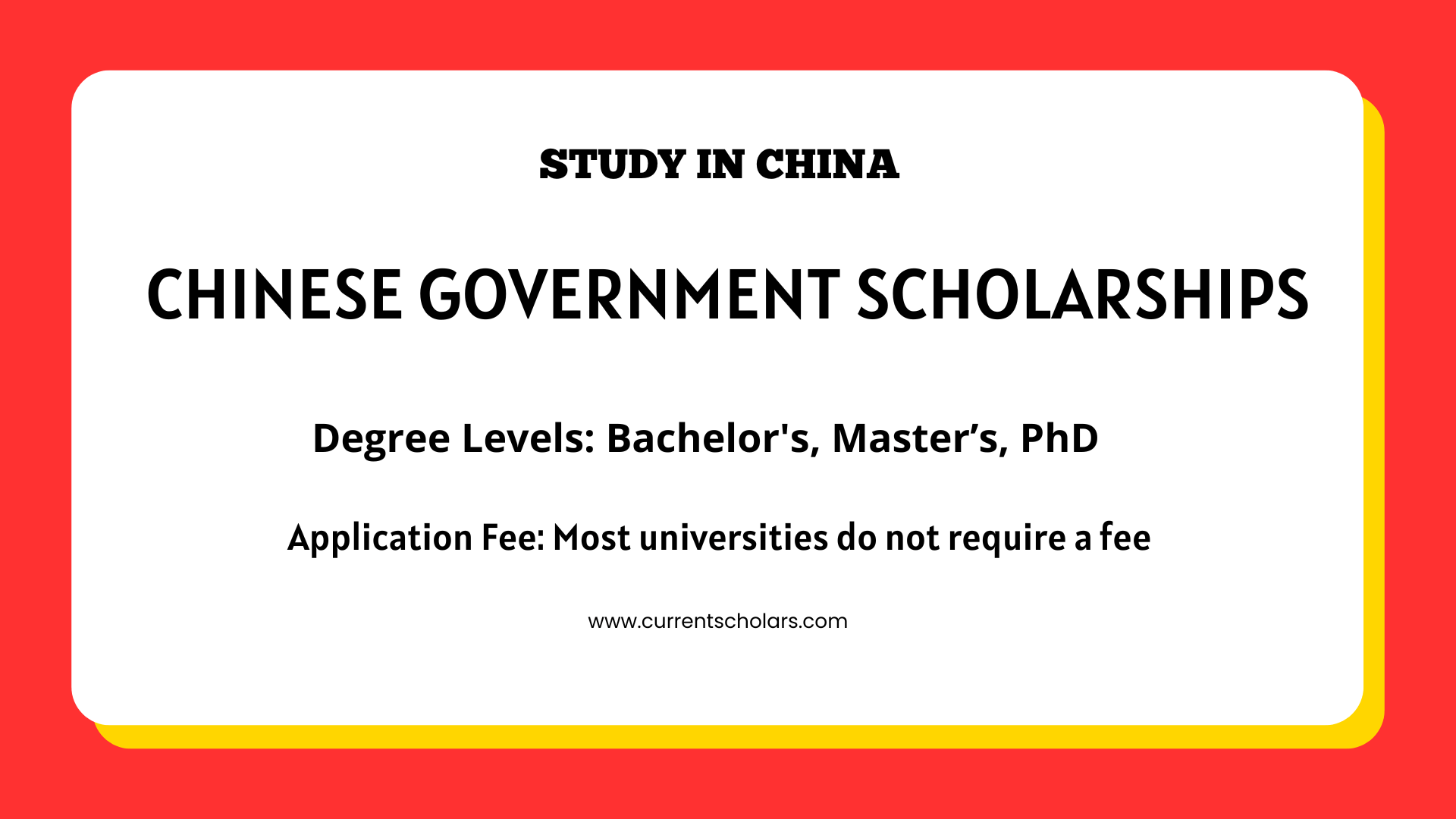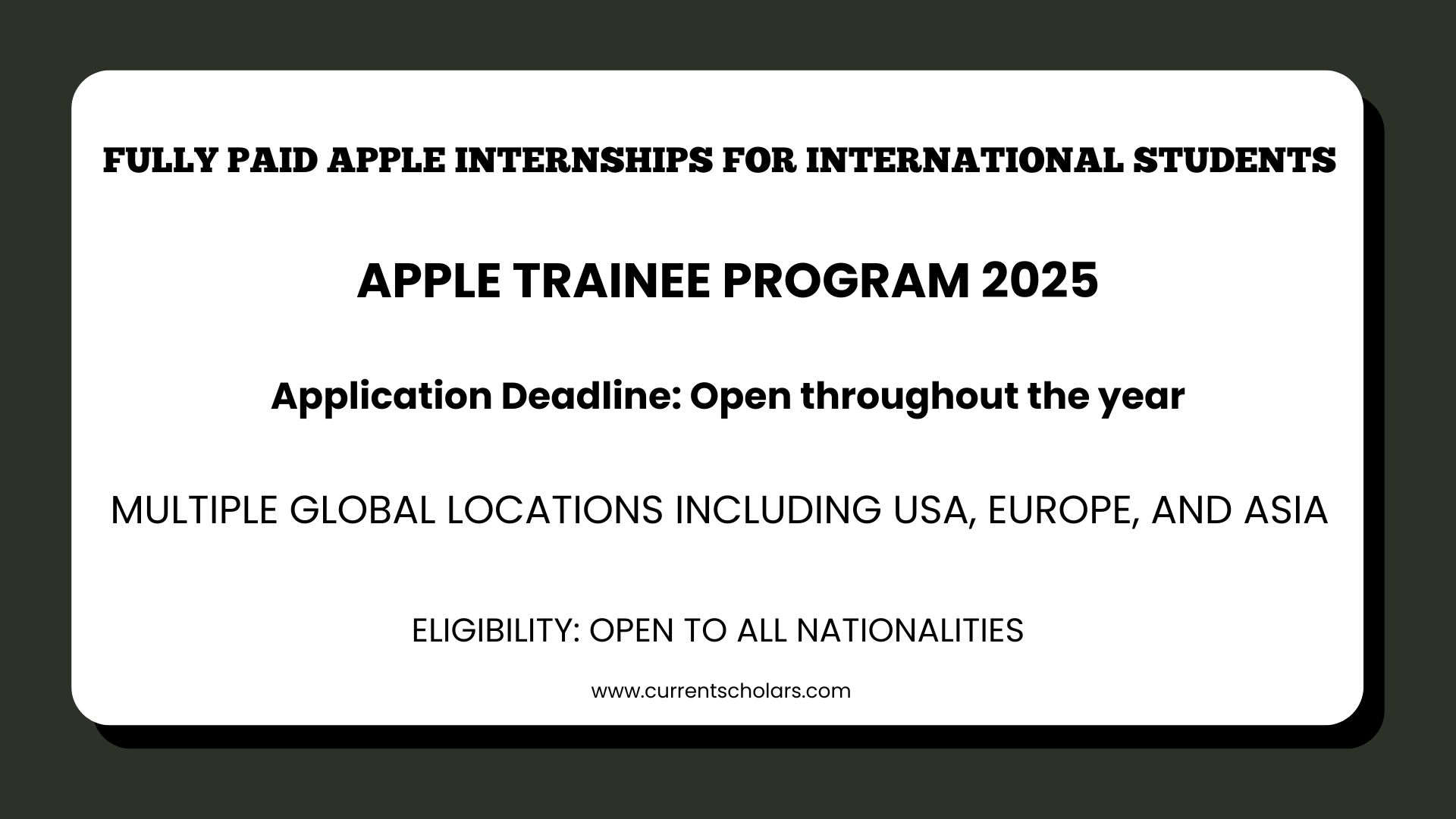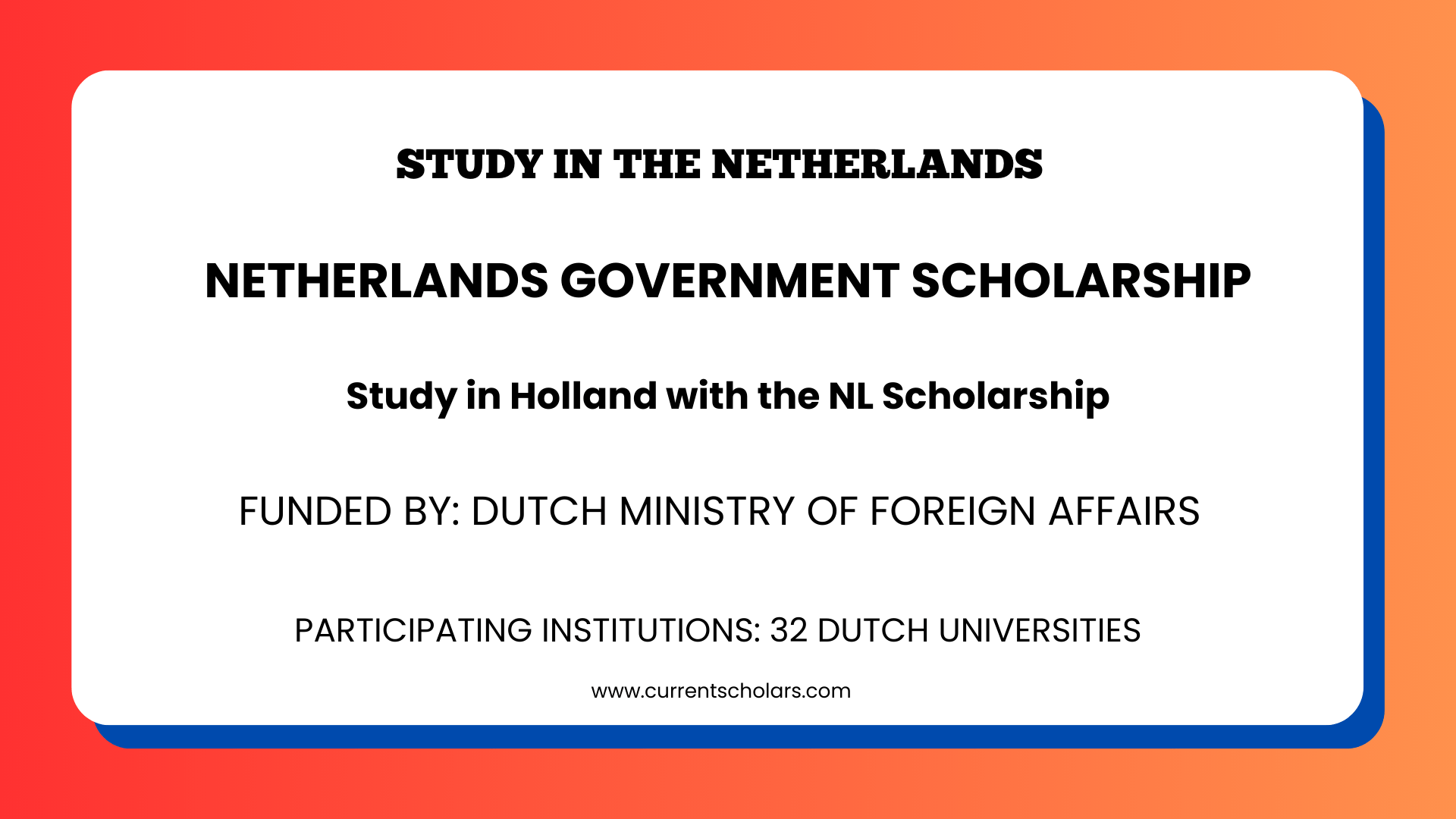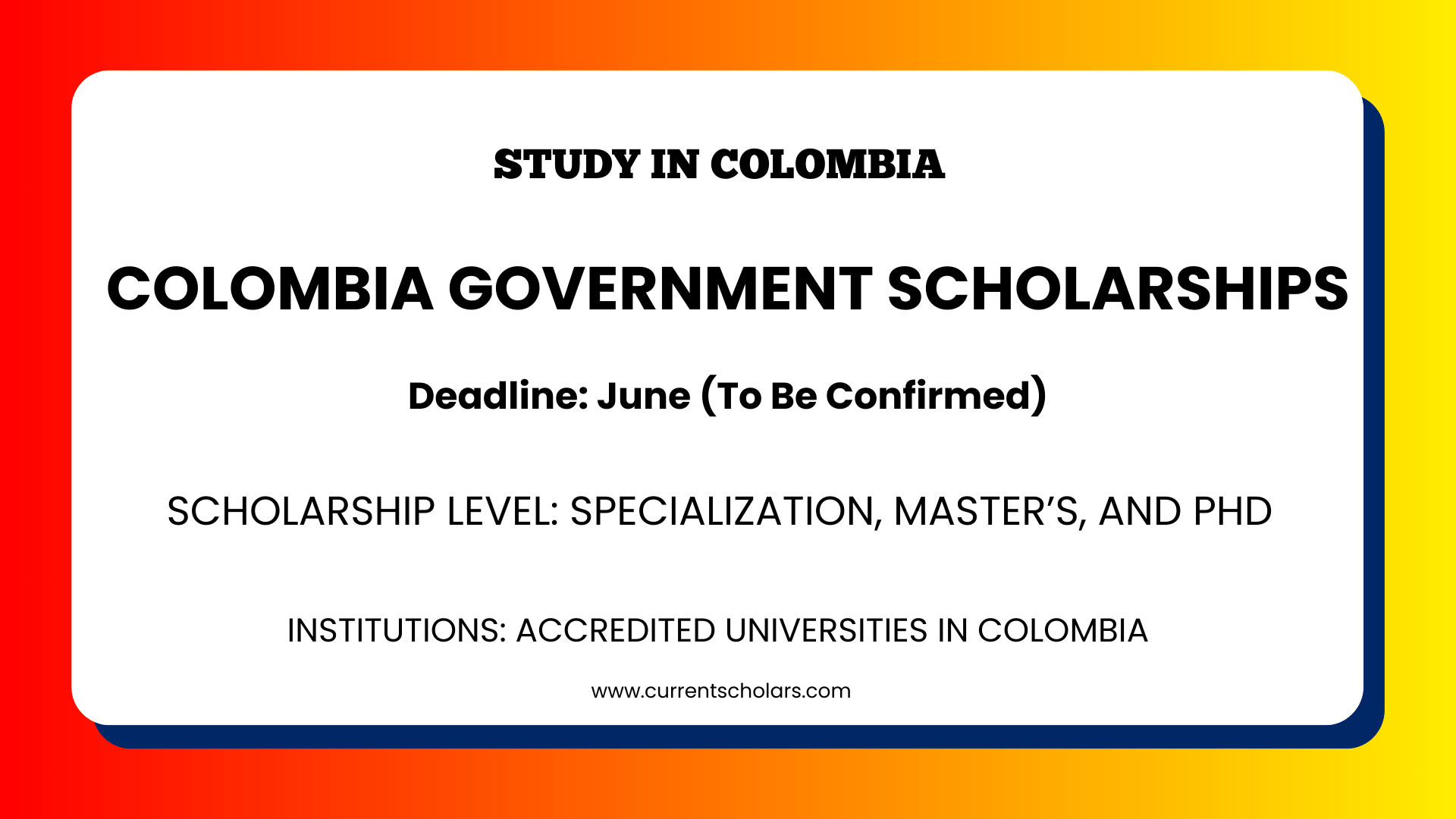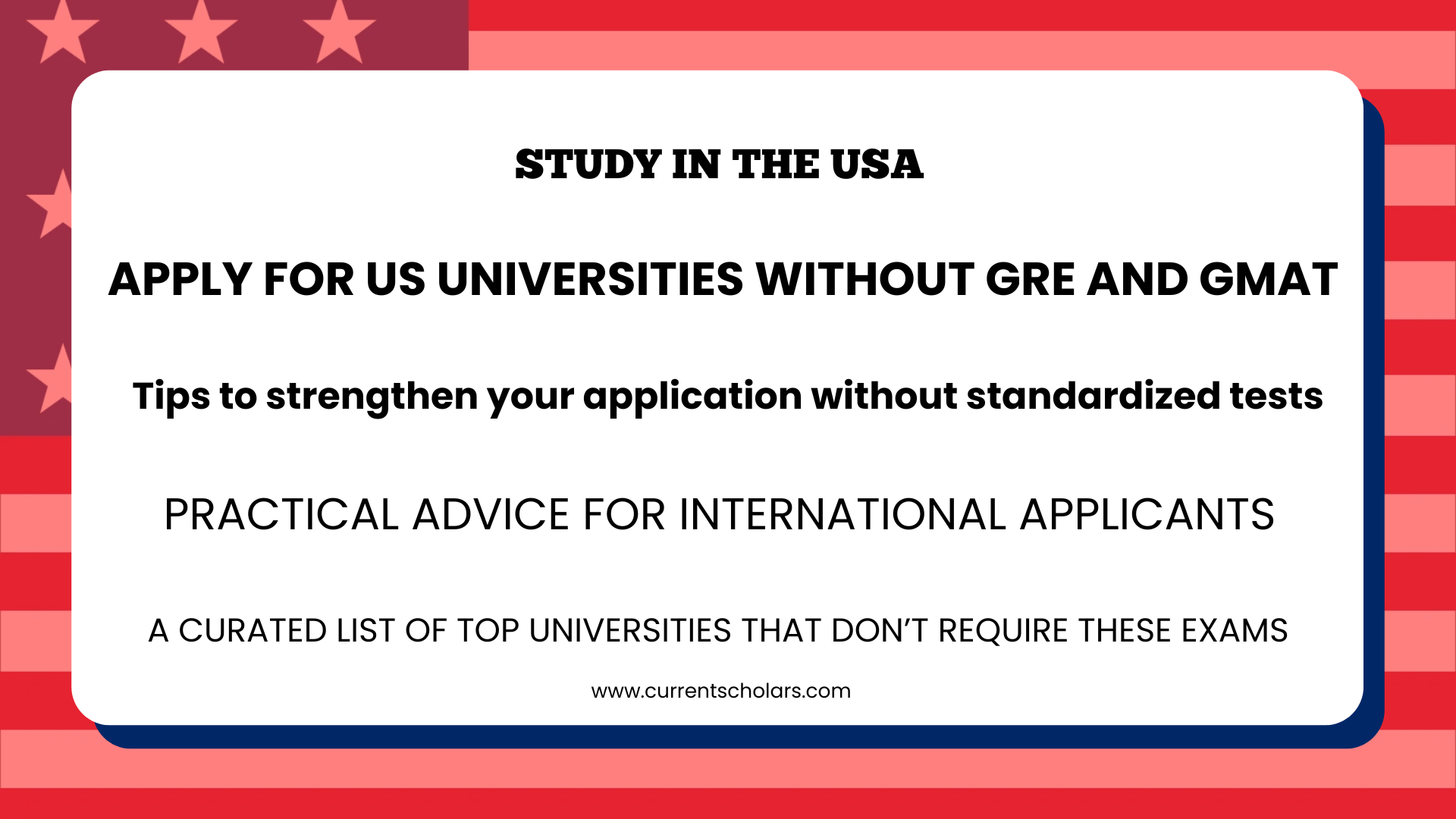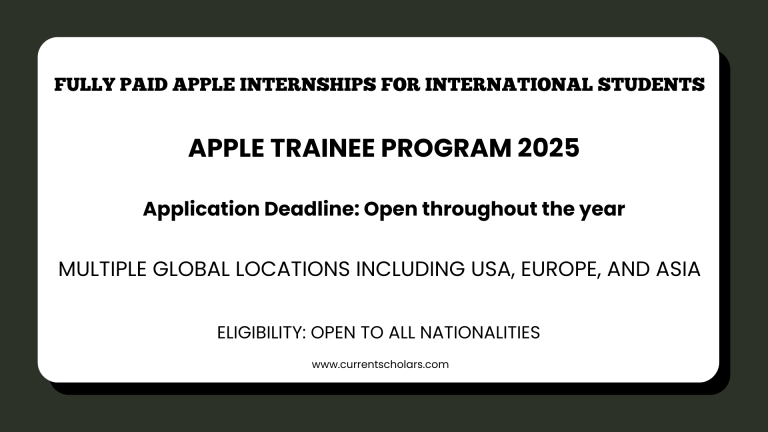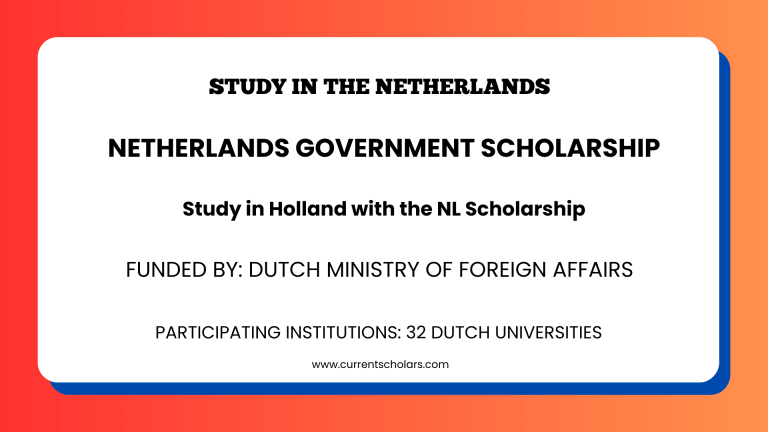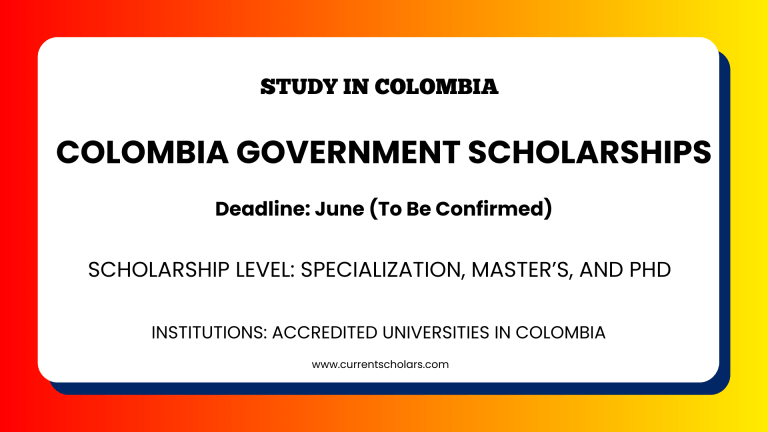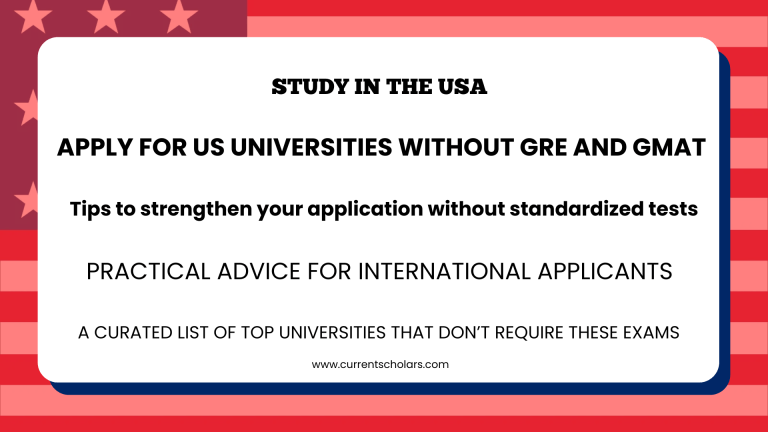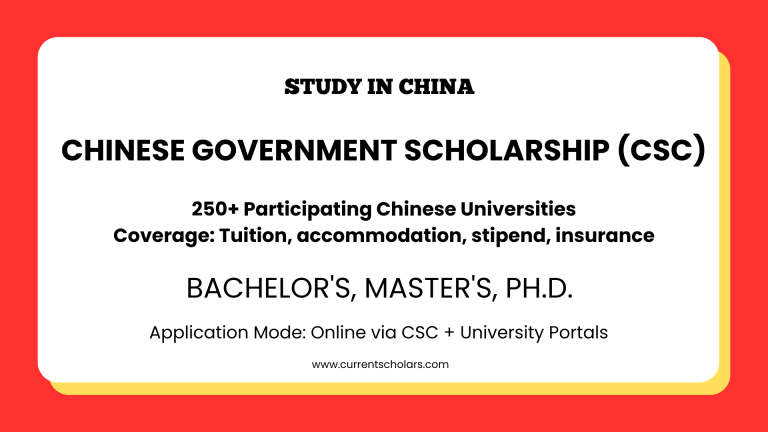The Chinese Government Scholarship (CSC) 2025-26 is now open for Ghanaian students seeking fully funded undergraduate, master’s, and PhD programs in China. This prestigious scholarship covers tuition fees, accommodation, a monthly stipend, and medical insurance. With access to top-ranked universities, students can study in diverse fields, including Engineering, Medicine, Arts, Social Sciences, and Science.
Scholarship Summary
-
Host Country: China
-
Degree Levels: Bachelor’s, Master’s, PhD
-
Scholarship Type: Fully Funded
-
Eligible Nationalities: Open to Ghanaian students and all international students
-
Application Deadline: Varies by university (Final deadline: March 31, 2025)
-
Application Fee: Most universities do not require a fee
-
Official Portal: CSC Website
Why Study in China?
China boasts over 10 universities in the world’s top 100 and 20 universities in the top 200, according to the QS World University Rankings. Chinese universities are recognized for their cutting-edge research, strong global employability rankings, and career opportunities with top multinational companies.
Financial Benefits of the CSC Scholarship 2025-26
-
Full tuition coverage
-
Free on-campus accommodation
-
Monthly Stipend:
-
CNY 2,500 for Bachelor’s students
-
CNY 3,000 for Master’s students
-
CNY 3,500 for PhD students
-
-
Comprehensive medical insurance
-
No application fee for most universities
Top Chinese Government Scholarships to Apply For
-
Hohai University CSC Scholarship 2025-26 (Fully Funded)
-
Shanghai Government Scholarship (Fully Funded)
-
East China University of Science and Technology Scholarship 2025-26
-
Heilongjiang University CSC Scholarship 2025-26
-
Lanzhou University of Technology President Scholarship 2025-26
How to Apply for Chinese Government Scholarships 2025
Step 1: Prepare Your Documents
Ensure you have the following required documents:
-
CSC Application Form (Download from CSC Portal)
-
Notarized highest diploma and academic transcripts
-
Study plan or research proposal (200 words for undergraduates, 800 words for postgraduates)
-
Two recommendation letters (from professors or associate professors)
-
Foreigner Physical Examination Form (valid for six months)
-
Passport copy
-
English Proficiency Certificate (IELTS/TOEFL is optional)
-
Published research papers (if applicable)
-
CD of artistic works (for Arts and Music applicants)
Step 2: Select Universities & Apply Online
-
Research universities offering CSC scholarships.
-
Visit each university’s website for specific requirements and deadlines.
-
Apply through the CSC Online Portal and the university’s portal (if required).
-
Use the correct University Agency Number when submitting applications.
Step 3: Submit Applications & Await Results
-
Apply for up to 3 universities (Type B application) or 2 universities (Type A application via the Chinese Embassy).
-
Some universities may require an acceptance letter from a professor, though it is optional.
-
Submit the CSC application form and required documents to the chosen universities.
-
While some universities may charge an application fee, most do not.
Frequently Asked Questions (FAQs)
1. How do I apply for the 2025 CSC Scholarship?
Apply online via the CSC Portal before January 31, 2025, though some universities accept applications until March 31, 2025.
2. What are the eligibility requirements?
Applicants must:
-
Hold a high school diploma (for Bachelor’s), Bachelor’s degree (for Master’s), or Master’s degree (for PhD).
-
Meet the academic and language requirements of the chosen university.
-
Submit all required documents as listed above.
3. When does the application process start?
The CSC Scholarship 2025-26 applications open in November or December 2024, with deadlines ranging from January to March 2025.
4. How can I increase my chances of winning the CSC Scholarship?
-
Apply to multiple universities, including mid-ranked institutions, to improve your chances.
-
Obtain an acceptance letter from a professor, especially for PhD and research-based Master’s programs.
-
Submit a strong research proposal and well-written recommendation letters.
Start Your Fully Funded Education in China!
Begin your journey with a Chinese Government Scholarship today! Visit the CSC Scholarship Portal and complete your application before the deadline.
This guide provides comprehensive details about the Chinese Government Scholarship (CSC) 2025-26, including eligibility, benefits, the application process, and a list of universities offering fully funded programs. The scholarship covers tuition, accommodation, a monthly stipend, and medical insurance for international students pursuing Bachelor’s, Master’s, and PhD degrees in China. Apply now to secure your spot at top-ranked Chinese universities!
